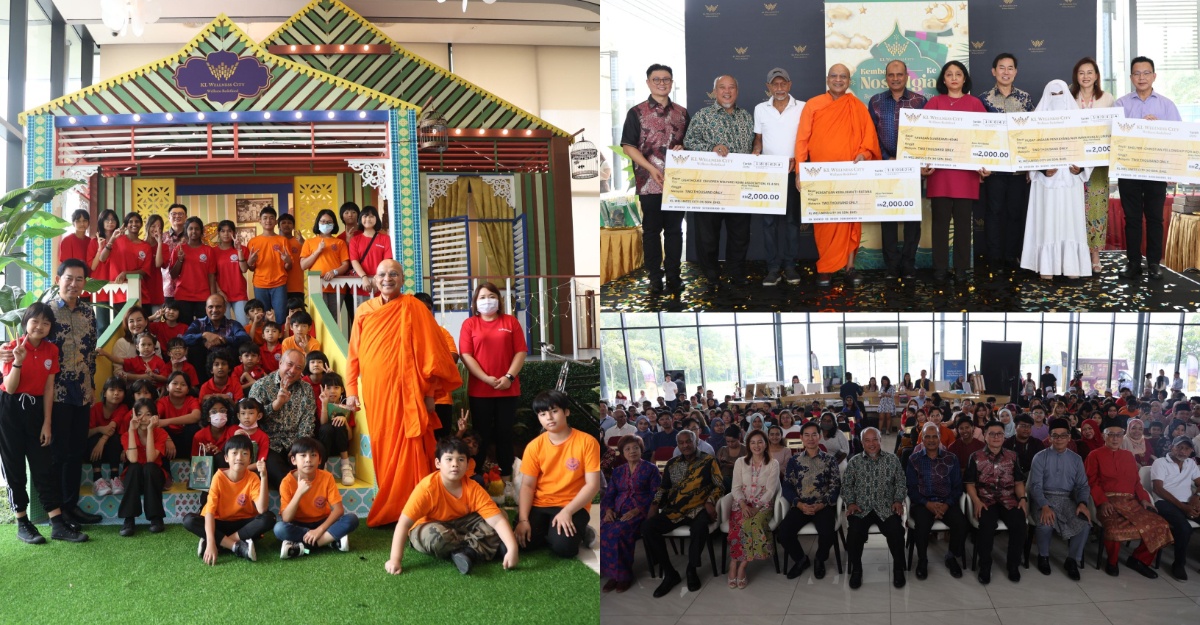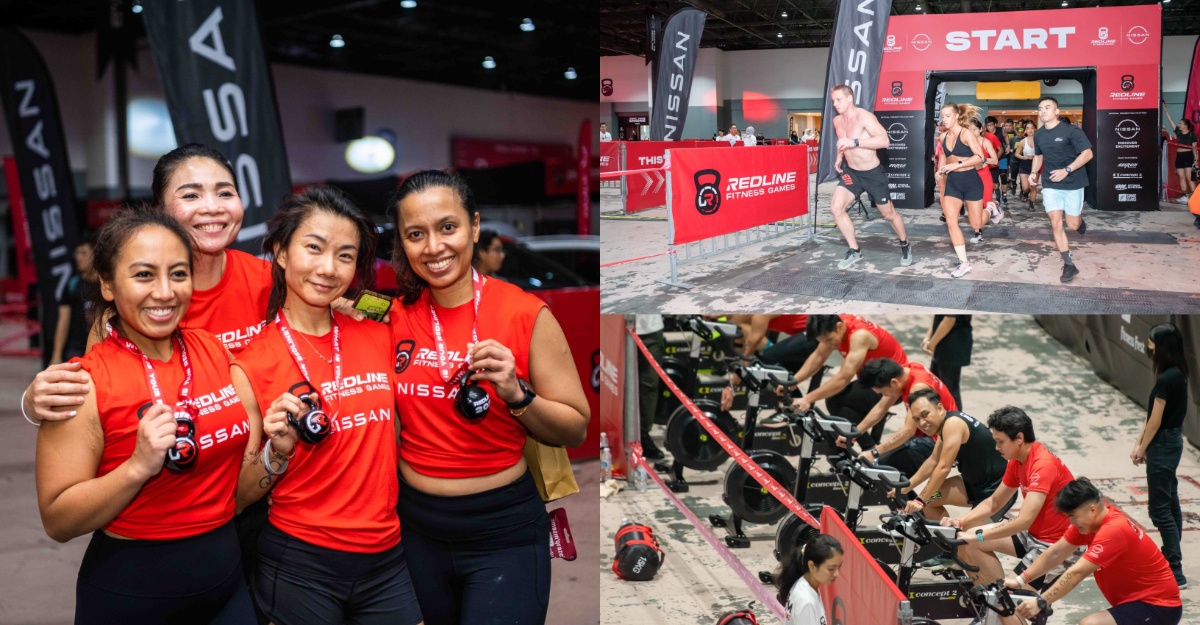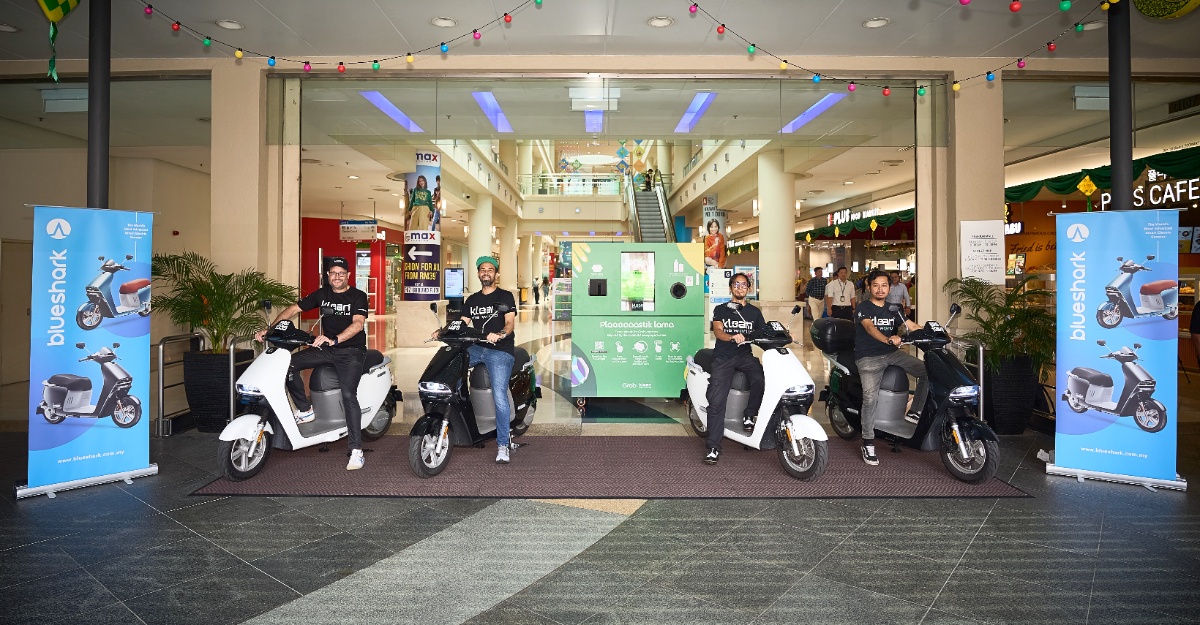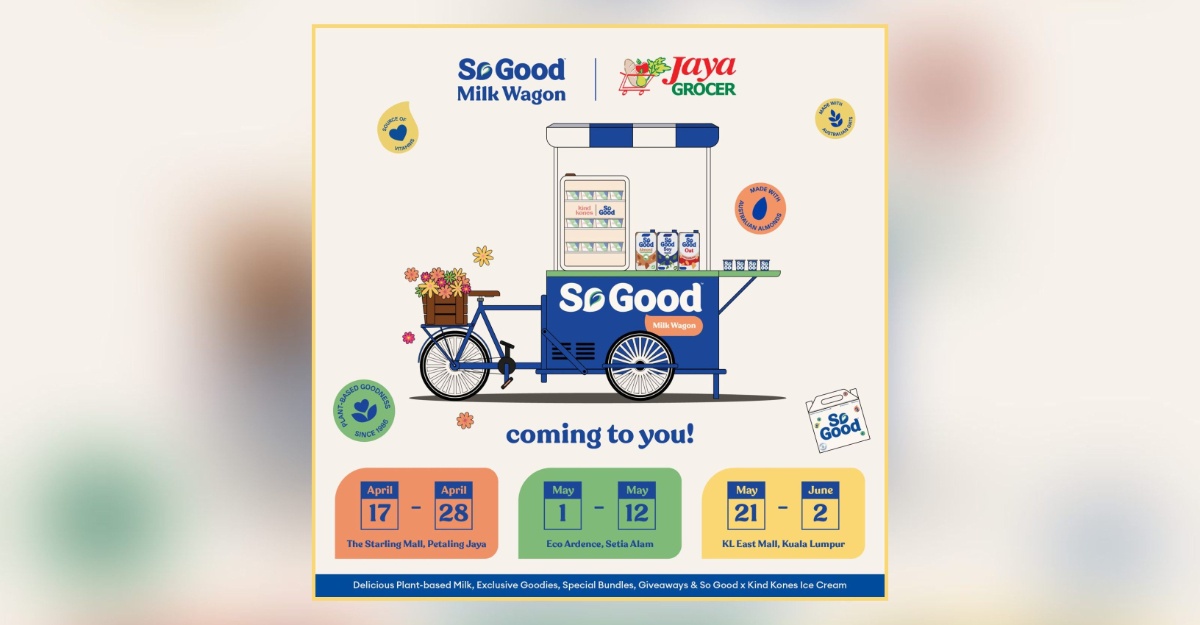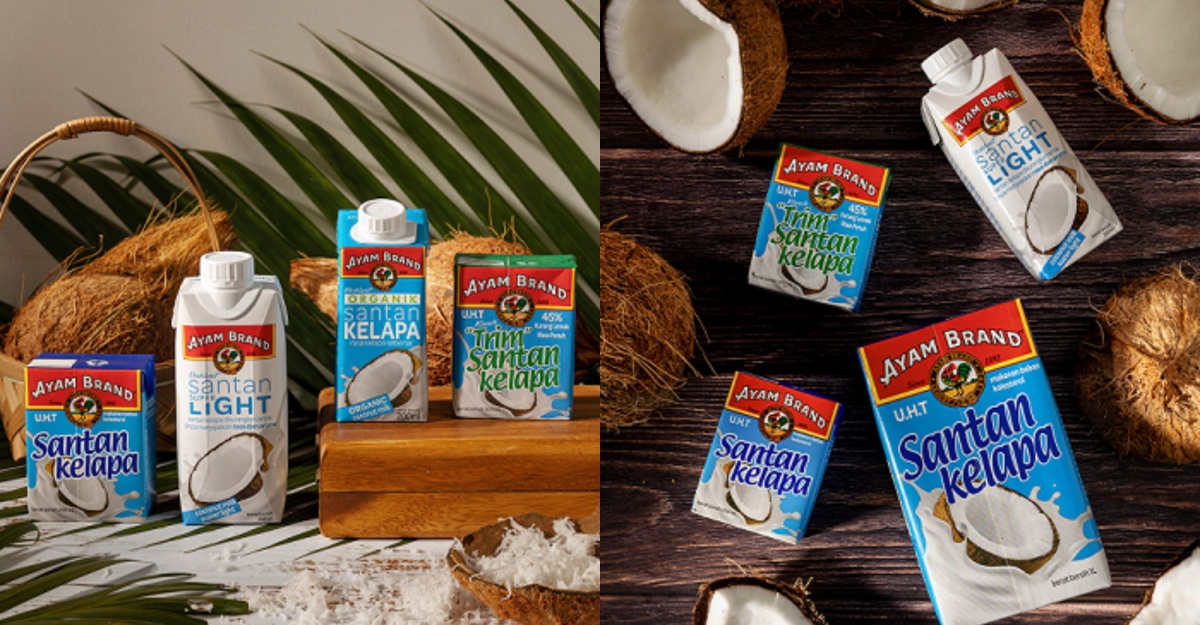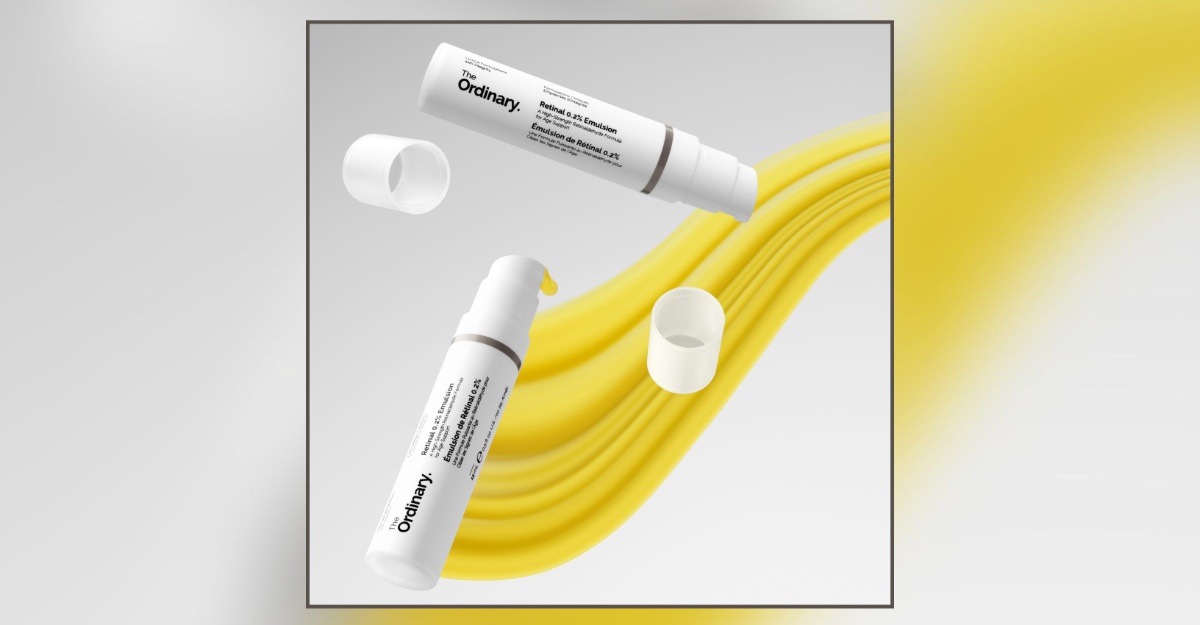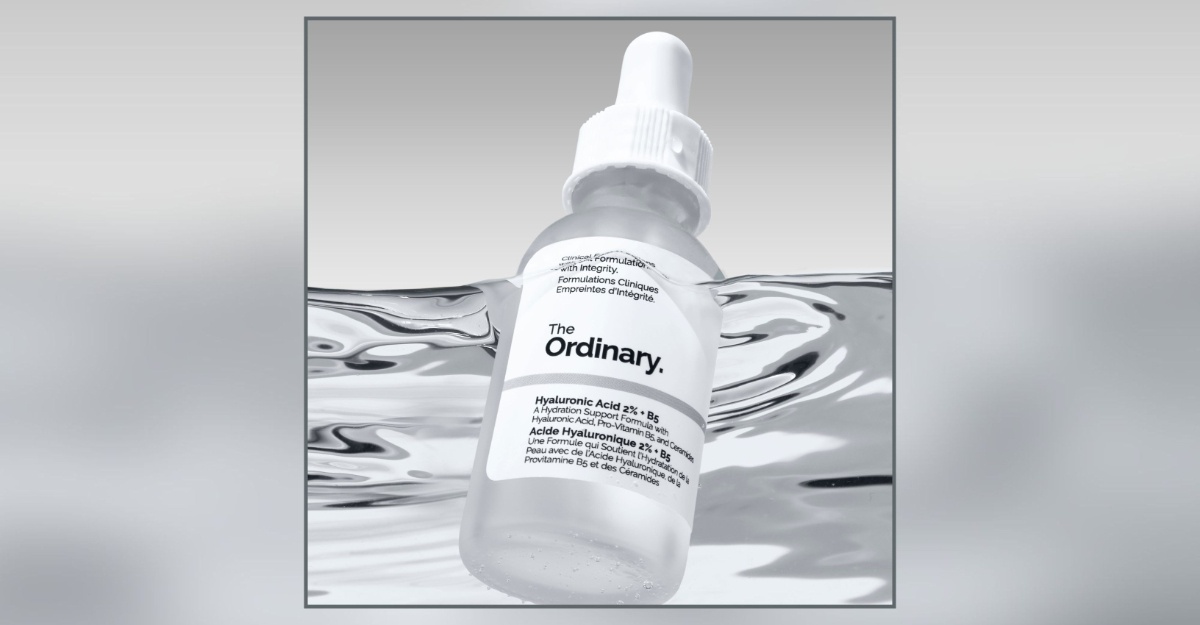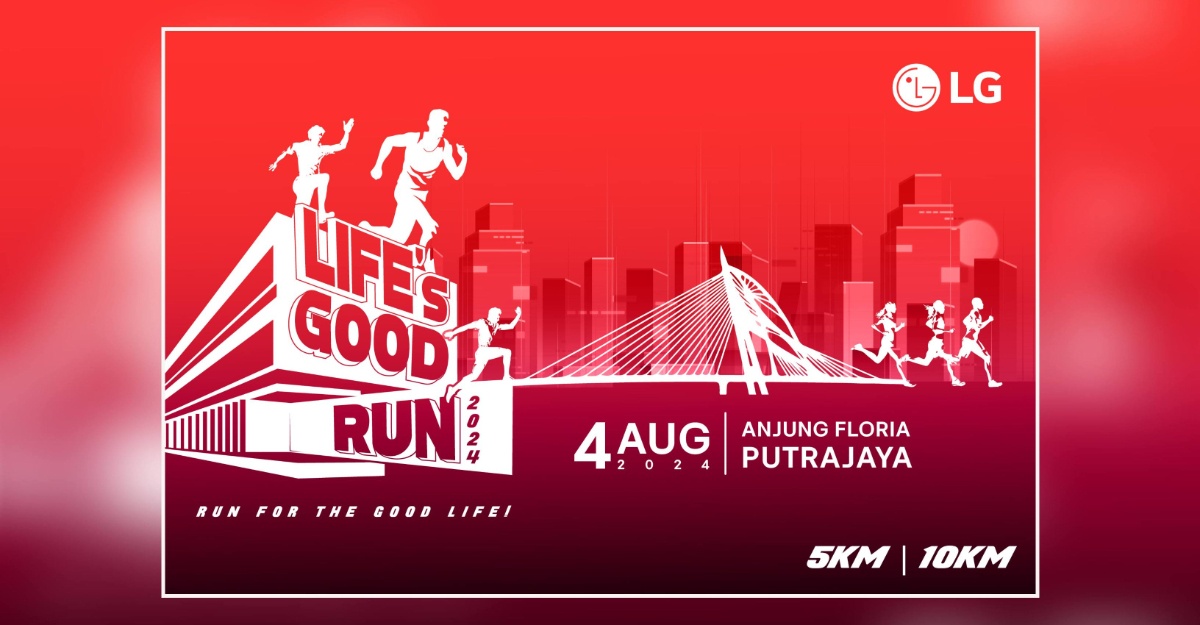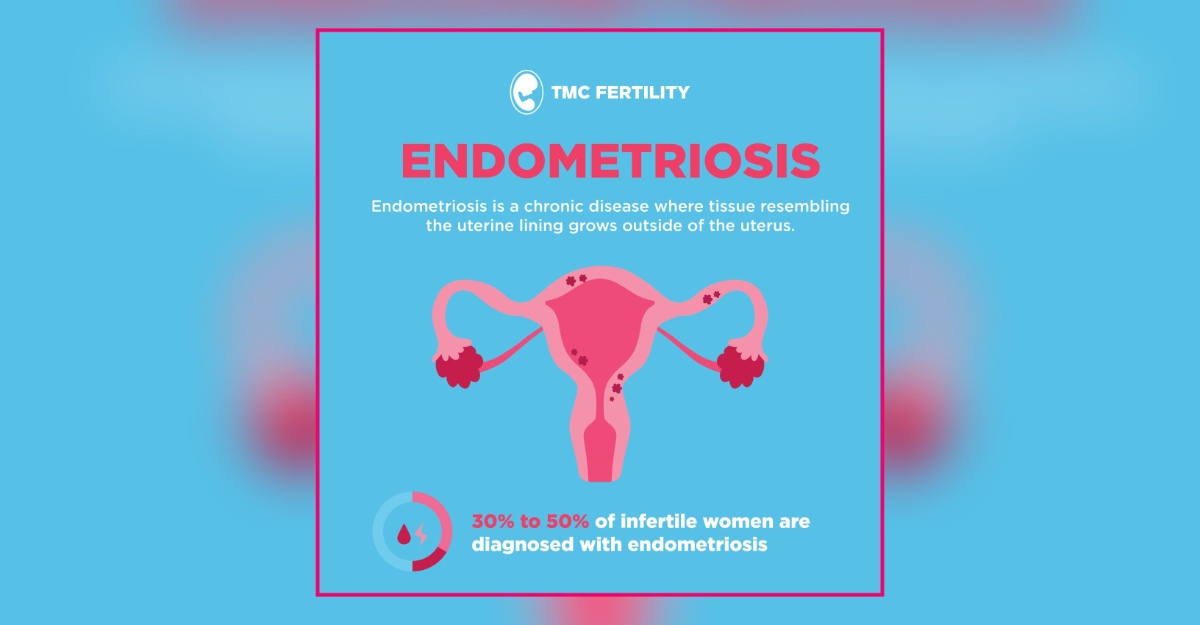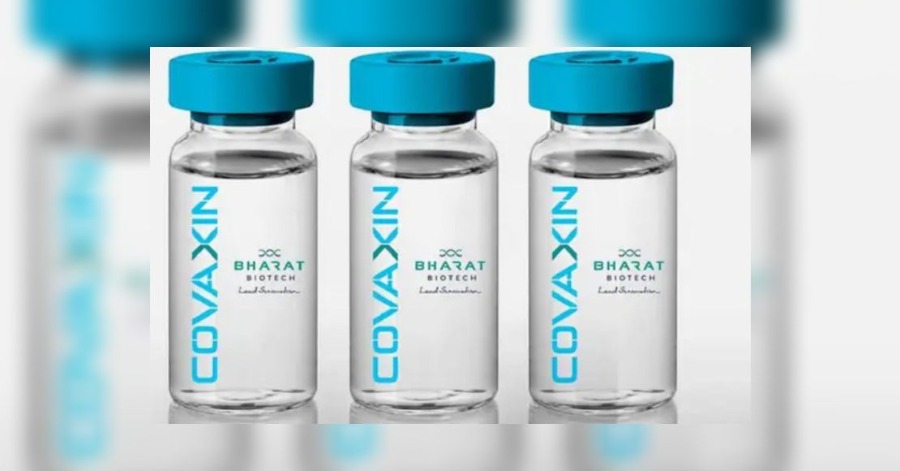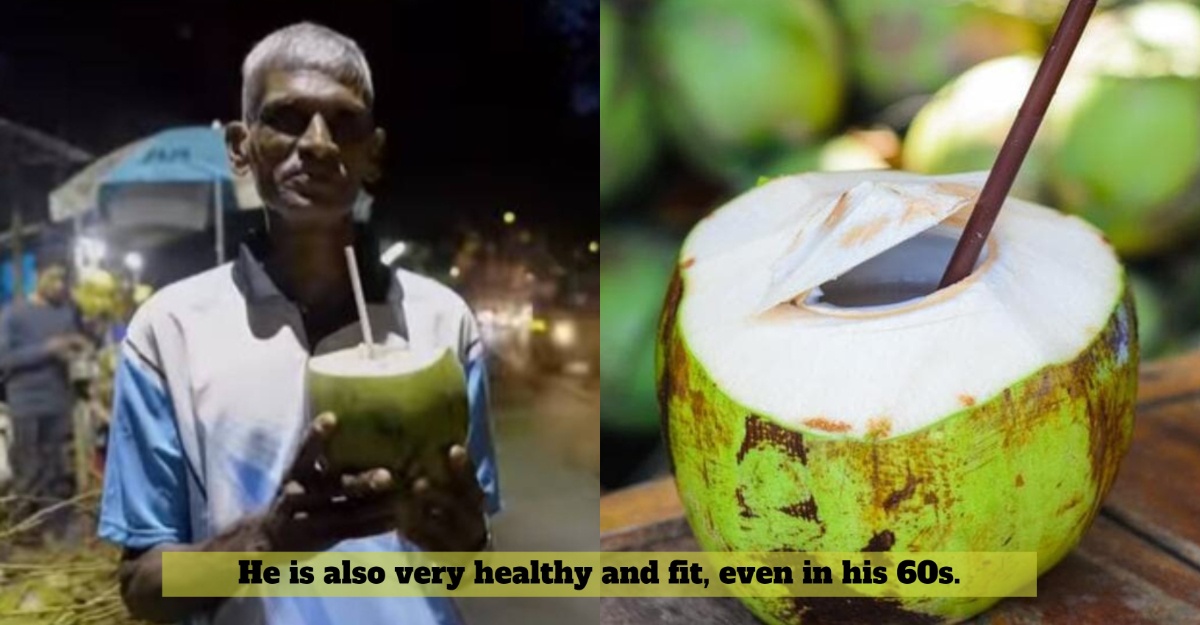GENEVA, Nov 12 — Data from Phase 3 trials of the coronavirus vaccine Covaxin, developed in India, has shown that two doses offer 77.8 per cent protection against COVID-19, according to findings published Thursday in The Lancet medical journal.
Covaxin, known by the code BBV152, is an inactivated virus-based COVID-19 vaccine developed by Bharat Biotech in collaboration with the Indian Council of Medical Research and National Institute of Virology.
The drug on Nov 3 was granted emergency use approval by the World Health Organisation (WHO) for adults 18 years and older and is the eighth jab to be given the green light by the health body.
The WHO determined that Covaxin met its standards for protection against COVID-19 and “that the benefit of the vaccine far outweighs risks.”
It recommended the vaccine be administered in two doses, with an interval of four weeks in age groups 18 and above, reported Anadolu Agency.
The jab has not been advised for pregnant women as available data is “insufficient” to “assess vaccine safety or efficacy in pregnancy.”
Other COVID-19 vaccines approved by the specialised UN agency are Pfizer-BioNTech, Oxford-AstraZeneca, Johnson & Johnson’s Janssen, Moderna, Sinopharm, and Sinovac.
The Phase 3 trials ran from Nov 16, 2020 until May 17, 2021, and included participants between 18 and 97 years old, said the article in the scientific journal.
Trial participants were given two doses of either Covaxin or a placebo.
Participants considered at high risk for COVID-19 infection were prioritised, with 2,750 participants above 60 years of age and 5,724 participants with at least one preexisting condition included in the study.
Participants were recruited from 25 hospitals across India for geographic diversity.
Covaxin “was well-tolerated by all trial participants; 12 per cent of both groups reported an adverse event, with no significant difference in the number of events between the placebo and BBV152 groups,” said the findings.
Sources: BERNAMA

